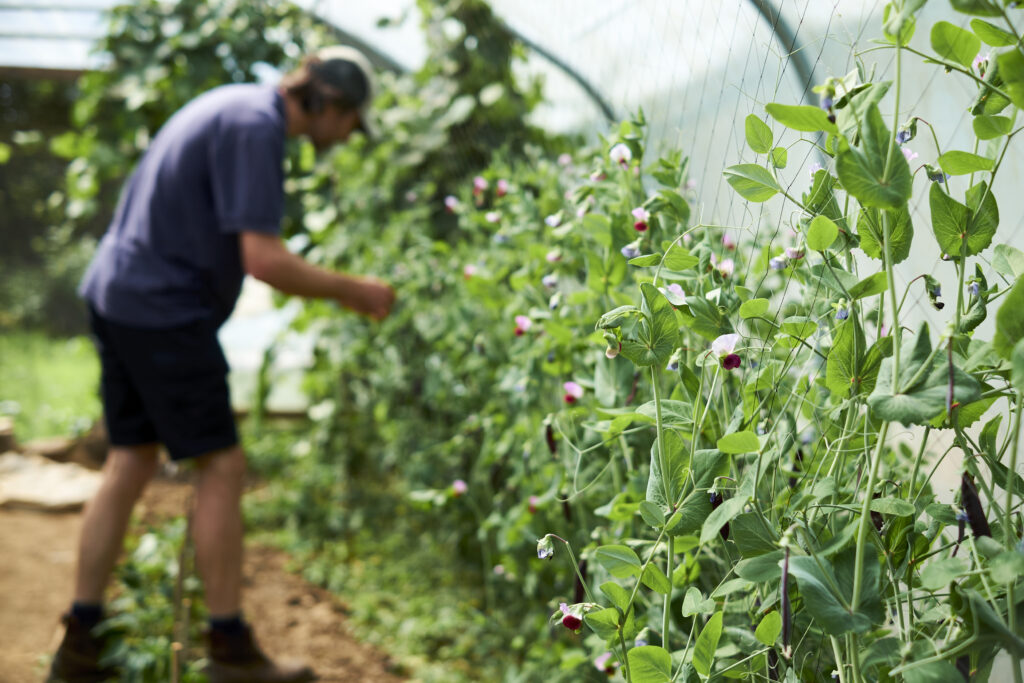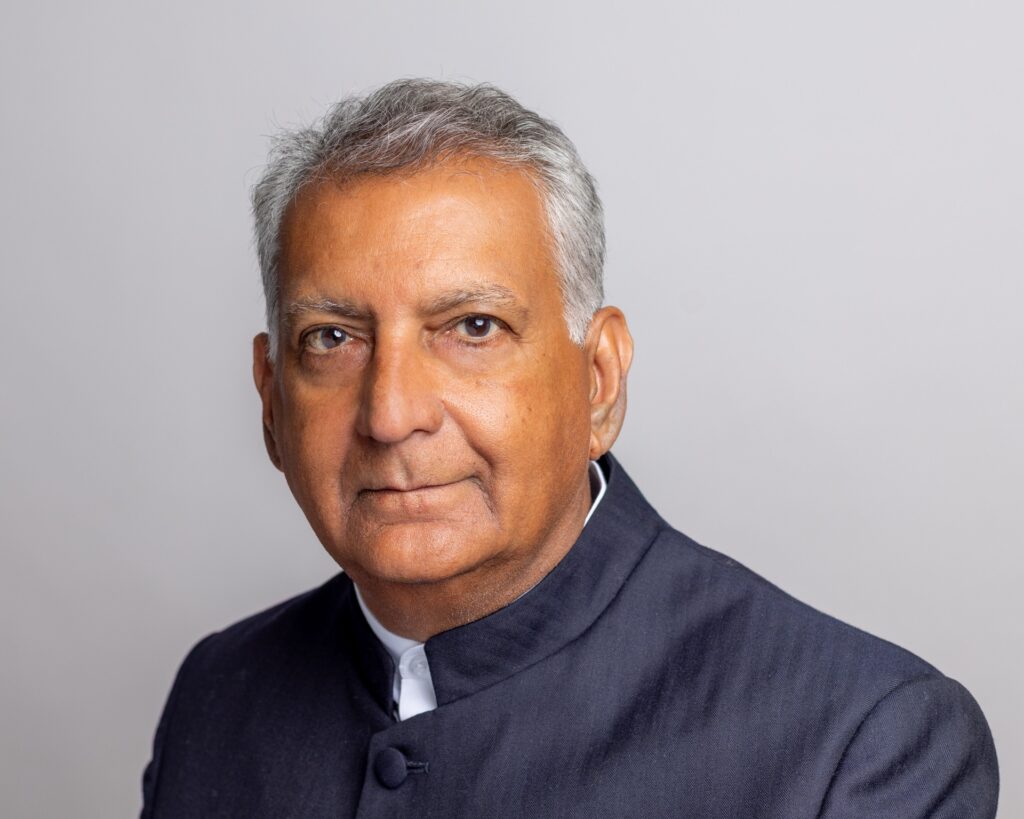Jane Davidson reflects on the first 10 years of One Planet Developments in Wales.
I remember the day well. Standing on stage at the Royal Welsh Show in 2010, as the Welsh government minister responsible for planning policy, I excitedly introduced the Welsh Government’s newest planning policy – One Planet Developments (OPDs) – to an audience comprised mostly of farmers from the length and breadth of Wales.
I was met with slight puzzlement, polite smiles and lukewarm applause. At the time, I was surprised. After all, by 2010, we were starting to understand the impact of agriculture on emissions and the UK had led the way on climate legislation 2 years earlier. I was hoping that the opportunity of enabling the next generation of farmers to build zero carbon homes on their parents’ land and introduce agro-ecological farming methods would be attractive. The requirements of the OPDs – i.e. the undertaking to support nature and increase biodiversity, make a small income from the land, generate some of your own food and energy on site, and live with a low ecological footprint all seemed to me a reasonable and attractive exchange for being given permission to build and set up a new home and workplace in the open countryside.
I am acutely aware that those who never see the countryside and experience food in plastic wrappings separated from its origin need opportunities to be reconnected to that land as the absolute foundation of human survival and well-being. Making this opportunity available through the One Planet Developments policy, helping young people in particular to buy land for low-impact development that is zero-carbon in construction and use, was – and is – for me a way of offering apprenticeships in sustainable living.
How do we lessen our individual and collective impact on this single planet of ours?
The average age of farmers in Wales in 2017 was about 60 with only 3% under 35. The average age of OPD’ers is much younger and more than half of OPD sites include children. What the survey shows us is the variety of what they have successfully achieved through their land based enterprises, how integrated into their communities the vast majority are and how their children are contributing to increasing the number of Welsh speakers in Welsh language communities. Lessons for us all in the art of the possible. What’s not to like?
My family are smallholders. We have stewardship responsibility for two fields and a woodland, pigs, sheep, ducks, chickens and turkeys, and grow as much of our own food organically as we can. We live as low carbon lives as we are able in a highly insulated barn and generate renewable energy – it’s hard work and utterly dependent on the seasons. You quickly develop a relationship with the land and we have now spent a decade turning peripheral sheep grazing land into a productive organic holding. But despite all this, and a fervent belief that we have to change our behaviour now in the interests of current and future generations, I’m not sure I would ever have had the stamina to take on the challenge of a One Planet Development. You have to be a very special and committed person to be prepared to build your own house – off grid and often off water as well, develop your own livelihood, increase the opportunity for nature, while meeting stringent targets in the spotlight of the planning system and the public at large. We should be celebrating these pioneers whose efforts are showing us how to bring soil back to life, whose successes challenge traditional ideas of what land should be used for.
In many ways the OPD policy is a microcosm of the challenges facing us all; how do we lessen our individual and collective impact on this single planet of ours? What those who have taken up the challenge have shown us is extraordinarily hopeful. The recent survey shows that in every category, those who have made their enterprises work have been beacons for good practice – in building, in land management, in horticulture, in nature restoration. They have demonstrated that despite current climate trajectories showing us that the largest UK emitter in 2035 will most certainly be agriculture with 35% residual emissions, they can grow, make, sell and make a living from endeavours that bring down their effect on the planet, a little bit more with every year of operation. Whilst the policy is still uniquely Welsh, it is arousing interest elsewhere and there are many other parts of the UK and elsewhere which seek to emulate it
To those interested in climate change or sustainability, One Planet Developments might be seen as an obvious development demonstrating that humans can have high quality lives with less stuff and building local resilience and the local economy by expanding food and other land-based markets. Now, some 10 years on, farmers’ children are starting to take this route too, paving the way for others. The survey demonstrates unequivocally that the policy has been a success for those who’ve stayed the course and makes recommendations on what next steps might be taken by Welsh Government to make the opportunities available to a wider group of people, more equal and more affordable. At a time that Welsh Government and Plaid Cymru are jointly committed to looking at how to accelerate action to achieve net zero by 2035, the evidence from the survey offer insights to us all. So, it’s worth remembering the words of Matshona Dhliwayo, the Zimbabwean born philosopher, “Critics are loud, but success is louder.”
All articles published on the welsh agenda are subject to IWA’s disclaimer.





